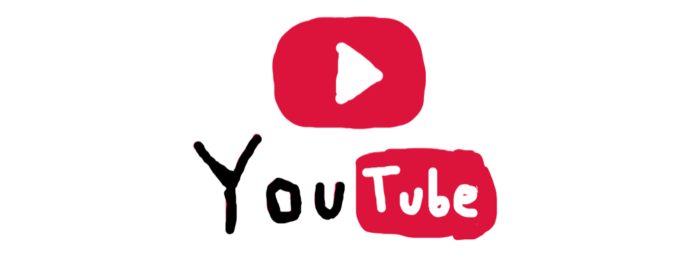
PragerU v. YouTube: Does the First Amendment Apply to the Internet’s Public Square?
By Aaron Fogelson – Edited by Sean Lee
Brief of Plaintiff, Prager University v. Google, Inc., No. 17-06064-cv (C.D. Cal. Oct. 23, 2017), brief hosted by Browne George Ross LLP.
Prager University (“PragerU”) filed a complaint in the US District Court for the Northern District of California claiming that YouTube discriminately censors their content in violation of the First Amendment.
PragerU argues that YouTube, despite claiming to be a “platform for free expression,” applies its Terms of Use and Community Guidelines to unjustly censor content based on its political leaning. They go on to argue that because YouTube functions as the largest public forum in American history, with over 1.3 billion users and 30 million page-visits per day, it should have to comply with traditional legal standards for free speech.
PragerU provides “tables of comparison” showing censored PragerU videos alongside a series of comparable uncensored videos from speakers and channels with non-conservative political leanings. PragerU goes on to criticize YouTube’s inability to provide a concrete explanation for why they censor these particular videos (“ranging from the legal creation of Israel and the history of the Korean War to the idea of diversity of thought on college campuses”), only providing that their filtering algorithms and review teams flagged them as “inappropriate.” PragerU then demonstrates that their concerns are broadly pertinent and do not solely apply to conservative content, pointing to a 2017 incident in which YouTube admitted to wrongly restricting LGBTQ content.
Based on this evidence, PragerU brings seven causes of action, accusing YouTube of violating the California and U.S. constitutions, unfair business practice laws, and YouTube’s own terms of use.
In response, Google/Youtube argued that there is insufficient evidence to demonstrate that it is a state actor of public forum, rather than simply a private publisher. Thus, they contend that the First Amendment should not apply to how content is regulated on their platform.
Wired analyses how lawsuits against YouTube could lead to a major shift in the regulatory practices imposed on online platforms. They highlight in particular the suit brought by the LGBTQ community in Divino Group LLC et al. V. Google LLC, which parallels the case of PragerU, although the two groups come from opposite ends of the political spectrum. Essentially Wired is stating that these cases are similarly significant because they will begin to establish how online forums, such as YouTube, will be treated under the First Amendment. The internet has faced free speech issues since its inception but this case might finally determine if online platforms, which today function as the primary pseudo-space for communication, will be treated as public forums by law.